Lanka accountability, rights cannot be glossed over
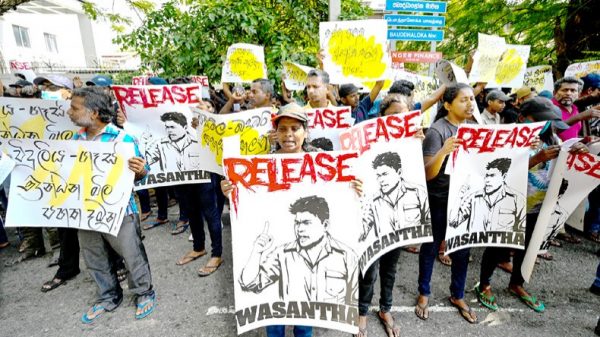
Jehan Perera:
THE Sri Lanka government’s proposal to set up a truth and reconciliation mechanism to deal with the unresolved human rights issues of the war will get a boost in the aftermath of last week’s unexpected developments that will directly affect three former presidents of Sri Lanka hitherto thought to be untouchable by virtue of their power, prestige and legal immunities. The first was the Canadian government’s notice that former presidents Mahinda and Gotabaya Rajapaksa would be subjected to targeted sanctions for human rights violations committed during their periods of office. Any economic assets they may have in Canada will be liable to be frozen. They will also be subjected to travel bans to Canada. Previously limited travel sanctions had been imposed against military officers accused of human rights violations most notably by the United States.
The second unexpected development was the Supreme Court verdict in the case of the Easter Sunday bombings of 2019. Victims groups who had filed cases for lack of vigilance and negligence against high ranking and responsible members of the government at the time of the attack on behalf of themselves and other victims were provided personal and state financial compensation by the Supreme Court. Former president Maithripala Sirisena and former high level members of the security hierarchy were held personally liable to pay compensation which is extraordinarily high by Sri Lankan standards. The decision is a landmark judgment in that it held that negligence in the discharge of responsibilities by state authorities is liable to judicial sanction. It is likely that accountability processes, both national and international, will get further activated and gather momentum in the days and months to come.
The Canadian decision would have been specially motivated by the Canadian government’s responsiveness to its large Tamil diaspora which has been successful in sending one of its members into the Canadian parliament as an elected member. The Tamil diaspora in other western countries may not be as numerous or powerful to move their own governments to take similar action. However, all western countries support the principle of universal jurisdiction, whereby the violation of human rights in any part of the world can be taken up in their courts regardless of the citizenship of the perpetrator. This means that individual citizens of those countries can canvass these cases on an individual basis and use the Canadian government’s decision as prima facie evidence of the veracity of their complaints.
The most recent addition is the United States which, responding to the Russian invasion of Ukraine has brought the United States legal code in line with international law to prevent the United States from being seen as a potential haven for human rights violators. President Joseph Biden this month signed a new law which gives the United States government the power to prosecute suspects of international human rights violations who are in the United States, allowing them to be tried in a United States federal court regardless of the nationality of the victim or the perpetrator, or where the crime was committed. Many Sri Lankan leaders have their families and financial assets kept for safekeeping in the United States and will feel more vulnerable following the change in the United States law in the context of the Canadian decision.
Going beyond
THE significance of the Canadian government’s targeted sanctioning of the former presidents was that it included two relatively low level military officers. This means that the sanctions have been targeted at a broad spectrum of possible perpetrators. They include those who have been accused of being direct participants in those violations as well as those who may not have been direct participants but in the chain of command. This will create a sense of insecurity in the minds of many members of Sri Lanka’s security forces or those in the security establishment as they will not feel safe from being prosecuted in those countries that permit prosecutions on the basis of universal jurisdiction. Even at present many military officers who served in fighting units during the war with unblemished reputations find themselves unable to access international opportunities for training or international service due to human rights-related restrictions.
In the case of the Easter Sunday bombing neither the victims nor the Catholic Church are likely to remain content with either the level of compensation or the limited findings of the Supreme Court. They would want to find out the truth behind the execution of the bombings and of their loved ones whose lives to them had value beyond any form of monetary compensation. The Catholic Church has already stated that though the church is satisfied with the Supreme Court’s verdict, the church will not give up the fight until the masterminds of the attack are brought to justice. Cardinal Malcolm Ranjith said, ‘We hope that Thursday’s judgement given by the Supreme Court would pave the way for more success in uncovering the truth behind Easter Sunday attacks… We would like to see some action pertaining to the investigations on the attacks. The incumbent president also promised a fresh investigation with regard to the Easter Sunday attack with the assistance of Scotland Yard but nothing had happened.’
A similar situation would exist on a much larger scale with regard to the victims of human rights violations and war crimes during the long course of the three decade long ethnic war. There are tens of thousands of families that lost their loved ones who are not limited by ethnicity or religion, and cover all communities, though the vast majority were Tamil. Very few of these cases have been investigated and even in cases where military courts themselves convicted military personnel for criminal actions which the civilian courts reaffirmed, presidential pardons have been given, so that the sense of injustice among the victims continues. Successive governments have adopted a cavalier attitude towards the human rights violations that took place during the war and failed to give them the attention and priority they require.
National mechanisms
THE Canadian sanctions against two former presidents and military officers are an indication of the wide sweep of international human rights sanctions. It shows that problems of accountability and human rights need to be dealt with. They cannot be ignored or dismissed as they will not go away once they are raised. The Canadian government’s explanation is that ‘gross and systematic human rights violations occurred during Sri Lanka’s civil conflict (1983-2009). Systemic impunity for human rights abusers in Sri Lanka continues to jeopardise the safeguarding of fundamental human rights, progress on justice for affected populations, and prospects for peace and reconciliation. The government of Sri Lanka has taken limited concrete action to address post-conflict accountability and reconciliation. Due to political interference, particularly during the terms of former president Gotabaya Rajapaksa and former prime minister Mahinda Rajapaksa, numerous current and former state officials credibly implicated in war crimes have had charges against them arbitrarily dropped or convictions overturned.’
If it is to limit international intervention into its internal affairs the government needs to show that its internal mechanisms are robust and meet international standards. The Supreme Court verdict in the Easter Sunday bombing case would go some way to convince the international community that the Sri Lankan judicial system is independent and effective. The Supreme Court has agreed to take up cases of economic crimes. The culpability for economic crimes was highlighted at the last session of the United Nations Human Rights Council in Geneva. Economic mismanagement and mounting corruption are burning issues over which the blame cannot be placed on the Tamil diaspora or the opposition. It must be remembered that Sri Lanka suffered the worst-ever defeat at the last United Nations Human Rights Council sessions. In a path breaking decision, the Supreme Court granted leave to proceed with several fundamental rights petitions seeking legal action against former president Gotabaya Rajapaksa, former finance ministers Mahinda Rajapaksa and Basil Rajapaksa, and 36 others for financial irregularities and mismanagement of the economy. The cases were filed by Transparency International Sri Lanka and several others.
The court also instructed the auditor general to conduct an audit and submit a report by November 3, in respect of the decision made by the Monetary Board to set the value of the Sri Lankan rupee at Rs 203 against the United States dollar and all matters connected thereto; the delay in seeking assistance from the International Monetary Fund and all matters connected thereto; all matters relating to the settlement of the sovereign bond of United States dollars 500 million on 18 January 2022, using foreign reserves.
If the Supreme Court breaks new ground on the issue of economic crimes, Sri Lanka could move to the front lines of those countries that are seeking accountability in governance. It could generate a new breed of citizens who would be willing to take up administrative and political positions in the country and thus may provide the ‘system change’ that the protest movement has sought. Such positive changes could also revive the flow of international support and investments that have dropped to lower and lower levels over the past several decades.
Jehan Perera is executive director of the National Peace Council of Sri Lanka.


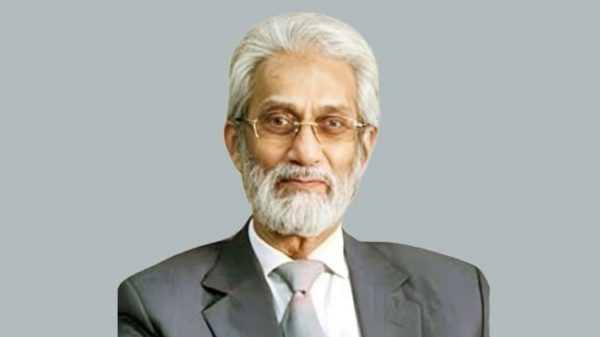
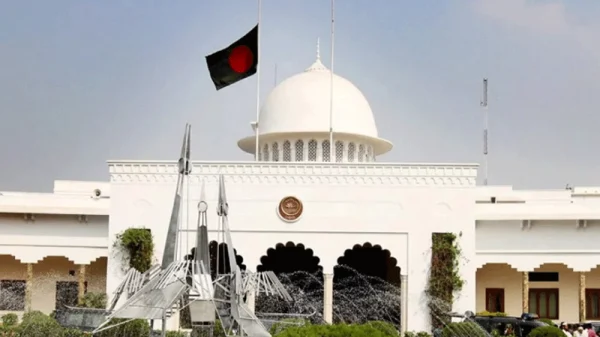
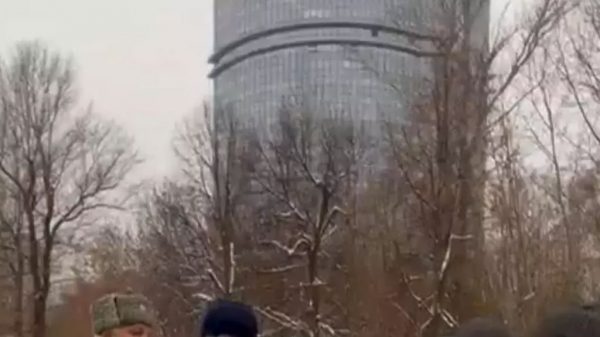
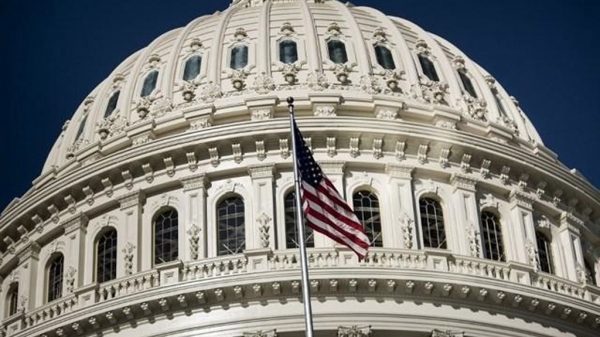
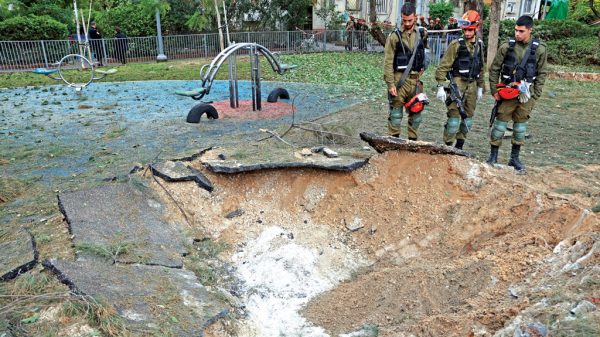
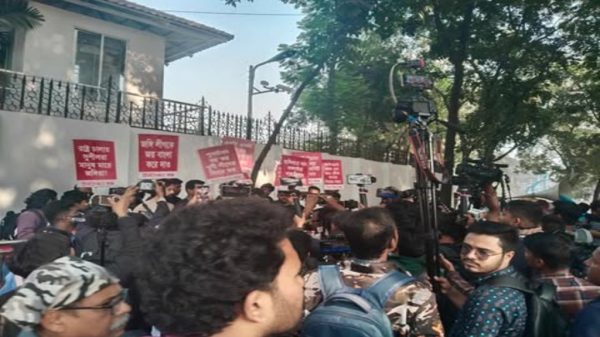

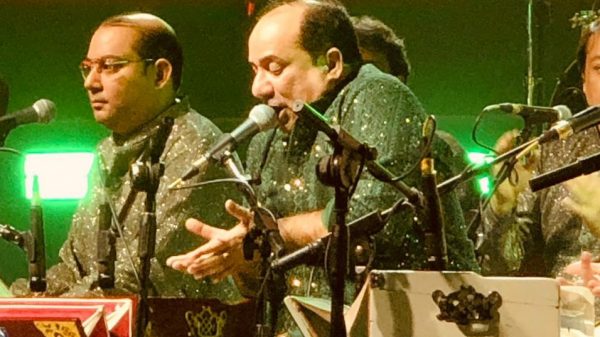
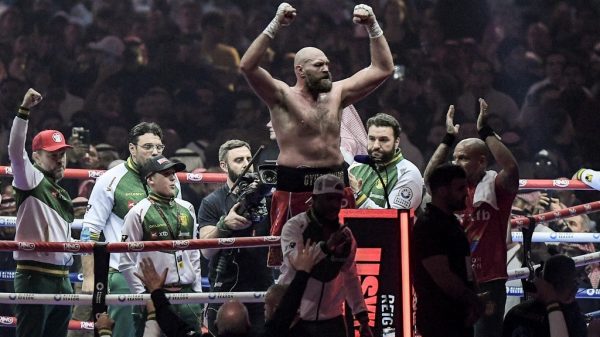
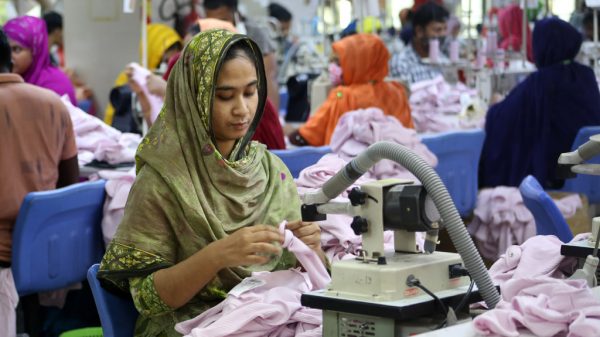











Leave a Reply